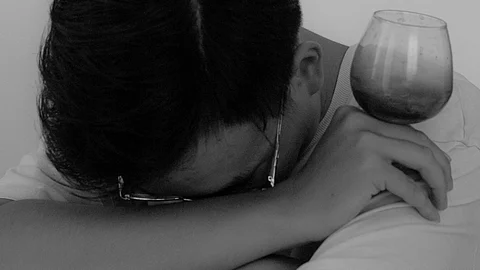Rosales will discuss his research findings at the RSA meeting on Wednesday, 25 June 2025.
He has interviewed 15–19-year-old residents from across the U.S. who identify as sexual minorities, consume alcohol, and have in the previous month experienced at least one racial/ethnic or sexual minority discrimination stressor.
Some of the youth reported having homophobic slurs yelled at them, several reported facing prejudice from within their own Latinx communities – whether due to skin color or sexual minority status, and another was told by a white student at their school that they thought he was being deported. Many described expectations to drink in social or family contexts and used alcohol to cope with discrimination. Some participants noted that while alcohol helped them temporarily "forget" their experiences of discrimination, it sometimes intensified their thoughts.
“In survey responses from 46 SMY, we have found that Latinx SMY report significantly higher levels of feeling misunderstood by white LGBT people, feeling unwelcome at groups or events in their racial/ethnic community, being rejected by potential dating or sexual partners because of their race/ethnicity, feeling misunderstood by people in their ethnic/racial community, and not being accepted by other people of their race/ethnicity because they are LGBT,” said Rosales. “These social stressors connected to the intersection of their two marginalized identities can place them at higher risk for substance use. Yet at the same time, sexual minority youth possess protective factors that can be leveraged in treatment to help address the effects of social stress, such as their relationships with parents, family, and friends.”


